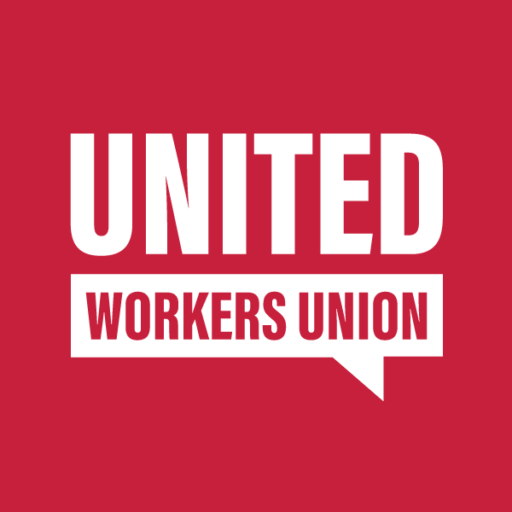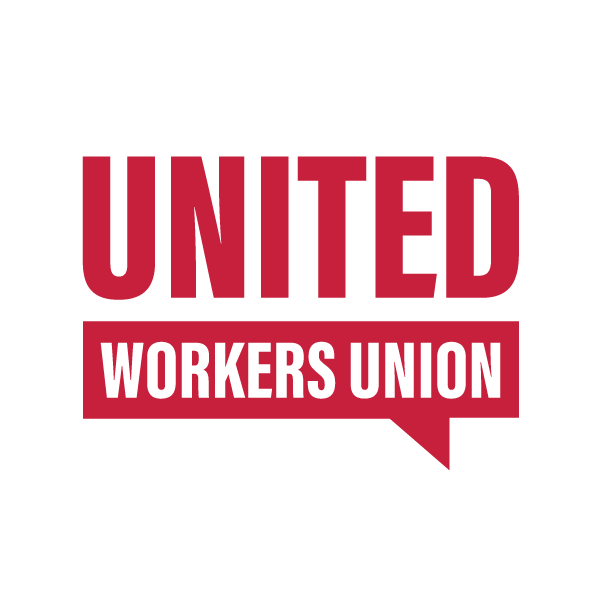MEDIA FEATURE
“We Can Use This Crisis to Reconceptualize the Economy” – An interview with Tim Kennedy
Interview by Daniel Lopez – Read the full interview on Jacobin
Australian workers are finally being addressed in the government’s rescue packages, but the measures go nowhere near far enough. National Secretary of the United Workers’ Union Tim Kennedy argues that the crisis offers an opportunity for genuine pushback and transformation.
The United Workers Union (UWU) was formed in 2019, as a merger between United Voice and the National Union of Workers. With 150,000 members, the union organizes horticultural laborers, logistics workers, manufacturing workers, entertainment, hospitality and tourism workers, cleaners, and many others who are among the hardest hit by the COVID-19 crisis. The UWU has a strong commitment to organizing undocumented and seasonal workers. It stands in a tradition of militancy: its predecessor unions having organized a number of successful strikes in processing plants, warehouses, and distribution centers around Australia.
Just five days after Scott Morrison released the details of his second pro-business bailout, the UWU replied with a plan of their own. The union is calling for a jobs guarantee and a universal income fuarantee, set at the minimum wage. Importantly, this demand goes far beyond Morrison’s recently announced “Job Keeper” wage subsidy, which leaves many workers unprotected and many more at risk of unemployment or poverty. They are also demanding a moratorium on rent and mortgage payments and protections for undocumented workers, including the extension of Medicare and a visa amnesty.
Daniel Lopez spoke with Tim Kennedy, the UWU’s National Secretary, to discuss the union’s call to nationalize essential industries and hand workers democratic control over decision-making. As Tim argued, “the system is broken. It’s not good enough to patch it up and sail on through. … Unless we use this crisis to reconceptualize the economy, we’ll be here again before we know it.”
DL :Let’s talk about the workers who make up the United Workers Union. Could you explain which sectors the UWU covers and how the COVID-19 crisis has impacted on them?
TK: The workforces we cover fall into three main groups. We’ve got what we call front-line people, who are working to contain the pandemic. That includes cleaners, aged-care workers, early childhood educators, and also health workers who make sure hospitals are kept clean and in good nick.
Other union members are also in the front-lines in the sense that they manufacture food and process dairy and poultry, so that supermarket shelves are stocked. The UWU also organizes workers who manufacture chemicals and pharmaceuticals, as well cleaners who work for buildings services — for example, school cleaners. We cover teachers’ aides in schools in Queensland and Western Australia. As a union, we’re deeply involved in the fight against coronavirus.
As a union, we are also built around hospitality, entertainment, and tourism, where many of our members are facing unemployment. This is the second group. Just this week, ten thousand members were stood down in one day when the casinos closed up shop.
And thirdly, we’ve got a large section of workers in the middle, who are at risk. We have members in manufacturing, as well as in logistics, which includes warehousing. The work they do is vital to keeping things running. Australia is fundamentally a consumer economy; as the shopping centers and the big retailers shut down, there’s a risk that many will be out of work.
So, we’ve got the front-line workers, who we want to support to keep going. Then there are the service workers, many of whom have already been thrown out. And lastly, we’ve got a big group in the middle, who are on a precipice and could go either way. We have a total of about 150,000 members out in the field, but I would say as many as tens of thousands of them could soon be out of work.
When we looked at this, we sat down and thought that we need to respond in a way that defends all these groups. It’s not just about jobs and conditions, but also health. If we don’t find a way to guarantee workers’ security through this crisis, we won’t be able to build the social solidarity needed to stop the spread of the virus and to look after one another.
…
TO READ THE FULL INTERVIEW, CLICK HERE.

